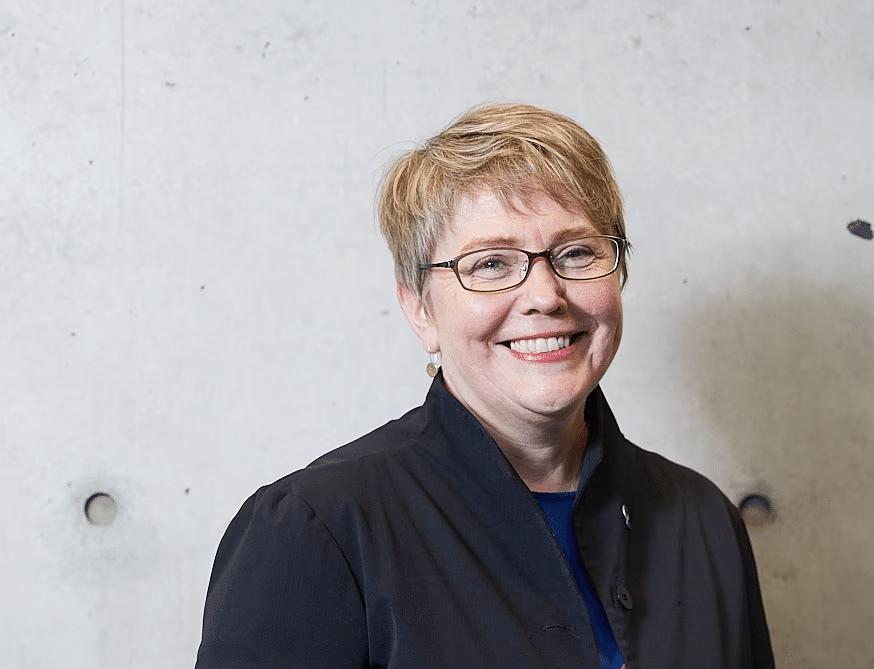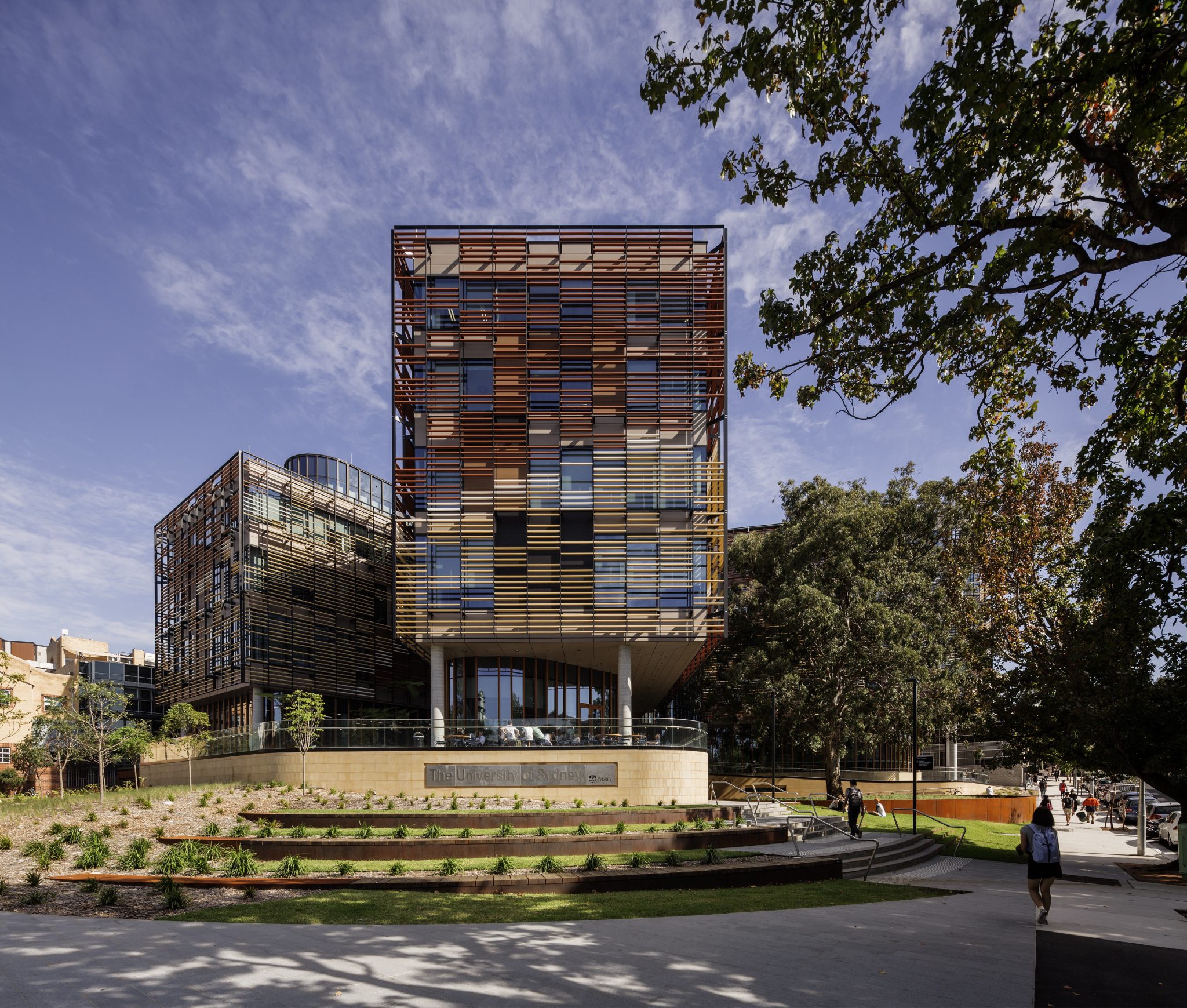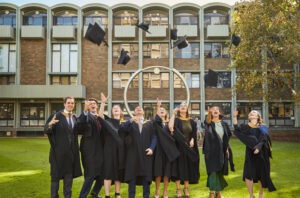The University of Sydney has surged into the latest ranking of the world’s best MBA programs, with graduates’ strong career progression and high salaries helping it to secure the 63rd spot on the prestigious Financial Times global MBA rankings.
The University of Sydney was one of two Australian MBA programs securing a place on the ranking, with AGSM @ UNSW jumping from 95th last year to 79th this year.
The University of Sydney Business School’s MBA was the highest new entrant in the rankings and came 11th in the Asia-Pacific region.
This Financial Times Global MBA ranking features 100 of the world’s top full-time MBA programmes. A total of 132 schools took part in the ranking process for the 2024 edition. All participating schools meet the FT’s entry criteria and are accredited by Equis or the AACSB.
The FT surveys alumni three years after completing their MBA and considers more than 20 different criteria including value for money, alumni study aims achieved, gender and international diversity, the quality of academic research and school environmental policies, as well as salary and increases in pay.
University of Sydney MBA graduates reported a salary of $US170,855 ($263,275), which was a 108% increase on their pre-MBA earnings. AGSM @ UNSW Global MBA graduates reported a salary of $US121,582 ($187,348), an increase of 47%.
University of Sydney Business School Dean Professor Leisa Sargent said it was a stellar result for the MBA’s first year of eligibility in the ranking.
“Being recognised by the Financial Times is not only a validation of our MBA program’s quality, but also a reflection of our continuous pursuit of innovation, particularly in the areas of digital transformation, sustainability, and responsible leaders,” Professor Sargent said.

MBA Programs Director Professor Guy Ford said the school’s MBA goes beyond the fundamentals of business to teach resilience, adaptability, and innovative thinking.
“When this new program was launched in 2018, we were determined to have created an MBA that equipped its graduates to thrive in a world of increasing ambiguity and complexity,” he said. “We thank our alumni, faculty, and industry partners for their contributions to the success of this program.”
AGSM Rises 19 Places
AGSM remained one of the highest-ranked programs in the world for Sector Diversity (5); International Mobility (15); International Course Experiences (16), and ESG / Net Zero Teaching (22). Sector diversity is calculated according to the diversity of sectors students worked in at the time of admission to the MBA program.
Professor Nick Wailes, AGSM Director and Senior Deputy Dean UNSW Business School, says that maintaining a top global MBA program ranking speaks volumes about the quality of MBA candidates the program attracts, a focus on sustainable business practice, experiential program design and academic rigour, collaboration with industry, and alumni engagement.
“A high ranking in sector diversity is the result of our intentional focus on recruiting a global cohort with different personal and professional backgrounds. This co-reflects the high rankings in international mobility and course experiences,” says Professor Wailes.
“It’s great to see that AGSM’s ESG has once again received acknowledgment in the rankings, climbing three spots from 2023 to now stand at 22nd place,” he said.
ESG and Net Zero teaching ranking is based on a proportion of teaching hours from core courses dedicated to ethics, social, environmental issues and climate solutions for how organisations can reach net zero. The alumni evaluation of their school’s ESG teaching is also included.
“The rankings outcomes reflect AGSM’s dedication to sustainable business practices and responsible leadership. Our focus is to prepare a new generation of leaders to create an impact in a rapidly evolving world and foster sustainability and inclusivity,” he continued.
Wharton the Global Leader
The University of Pennsylvania’s Wharton Business School regained its position as the world’s best business school with graduates reporting a salary increase of more than 120% to $US245,722.
Wharton was followed by Insead in France, in second place, then Columbia in New York, SDA Bocconi in Milan and Iese in Barcelona.
Stanford alumni had the highest weighted income, at $250,650, with Harvard graduates just behind at $246,509, while those from Columbia averaged $232,760.
Just four of the top 20 business schools ranked by highest weighted alumni salaries were from outside the US, led by Insead, south of Paris. The others were Milan’s SDA Bocconi, Shanghai University of Finance and Economics and the Indian Institute of Management Ahmedabad.
The Financial Times said MBA alumni were finding times tougher after graduation.
“In line with recent job cutbacks, including in banking and technology at a time of broader uncertainty in the global economy, graduate employment within three months of MBA completion across the ranked schools dipped to an average of 89 per cent, compared with 93 per cent the previous year,” the FT said.
The ranking also follows a year in which demand for business degrees has stagnated. The latest survey by the Graduate Management Admission Council in 2023 shows a drop of 5 per cent in applications for MBAs and a shift away from the full-time, in-person course and towards more flexible, part-time and online alternatives.







